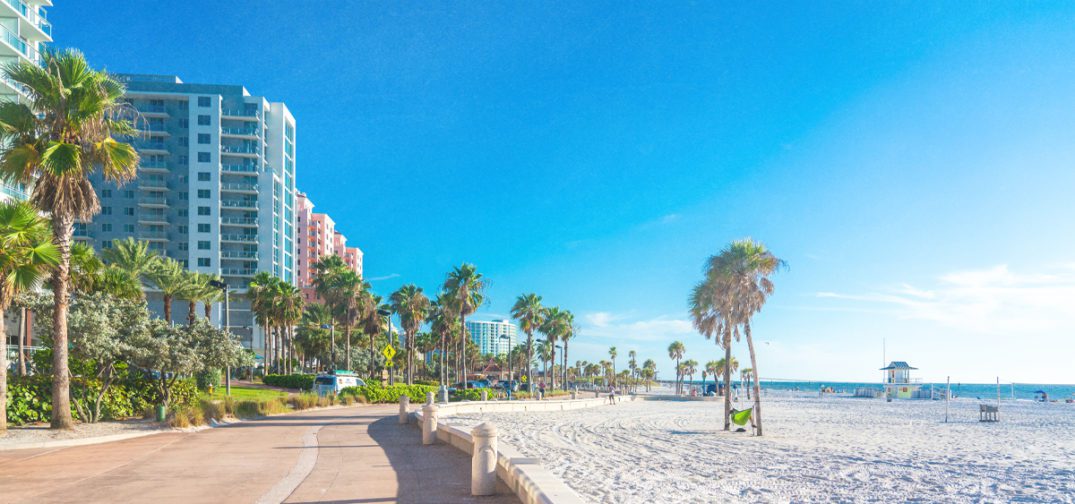Florida State Representative Ralph Massullo has introduced a bill proposing limitations on the potency of cannabis in the event that adult-use marijuana is legalized in the state later this year. The proposed legislation seeks to set a maximum THC content of 10% for cannabis products intended for smoking and 60% for concentrates. Additionally, marijuana edibles would be subject to a cap of 200 milligrams of THC per package and 10 milligrams per serving.
The text of the bill reads:
Marijuana for personal use may not have a tetrahydrocannabinol potency, by weight or volume, of greater than 10 percent for marijuana in a form for smoking or greater than 60 percent in the final product for all other forms of marijuana, excluding edibles. Edibles for personal use may not contain more than 200 milligrams of tetrahydrocannabinol and a single serving portion of an edible may not exceed 10 milligrams of tetrahydrocannabinol.
Considering that most cannabis for sale in other adult-use markets is over 15% THC and that the rule would apply only to adult-use cannabis, not the current medical cannabis market in Florida, the bill would inherently give medical cannabis brands a significant advantage. However, the possibility of Florida voters encountering an adult-use legalization measure on their November ballots is still in question.
A campaign named Smart & Safe Florida has garnered enough signatures to potentially qualify for the 2024 ballot, but the Florida Supreme Court is currently deliberating on a constitutional challenge against the measure, initiated by Florida Attorney General Ashley Moody.
Most of the campaign’s funding, approximately $39.5 million, reportedly comes from Trulieve, a multi-state, publicly-traded cannabis brand. Moody has accused Trulieve of attempting to monopolize the legal cannabis market in Florida through this initiative.
Despite its introduction, the bill’s chances of success remain uncertain. Previous attempts to limit cannabis flower potency to 10% THC have not passed. For the measure to pass, it would require approval from 60% of voters.
Get daily cannabis business news updates. Subscribe
End
